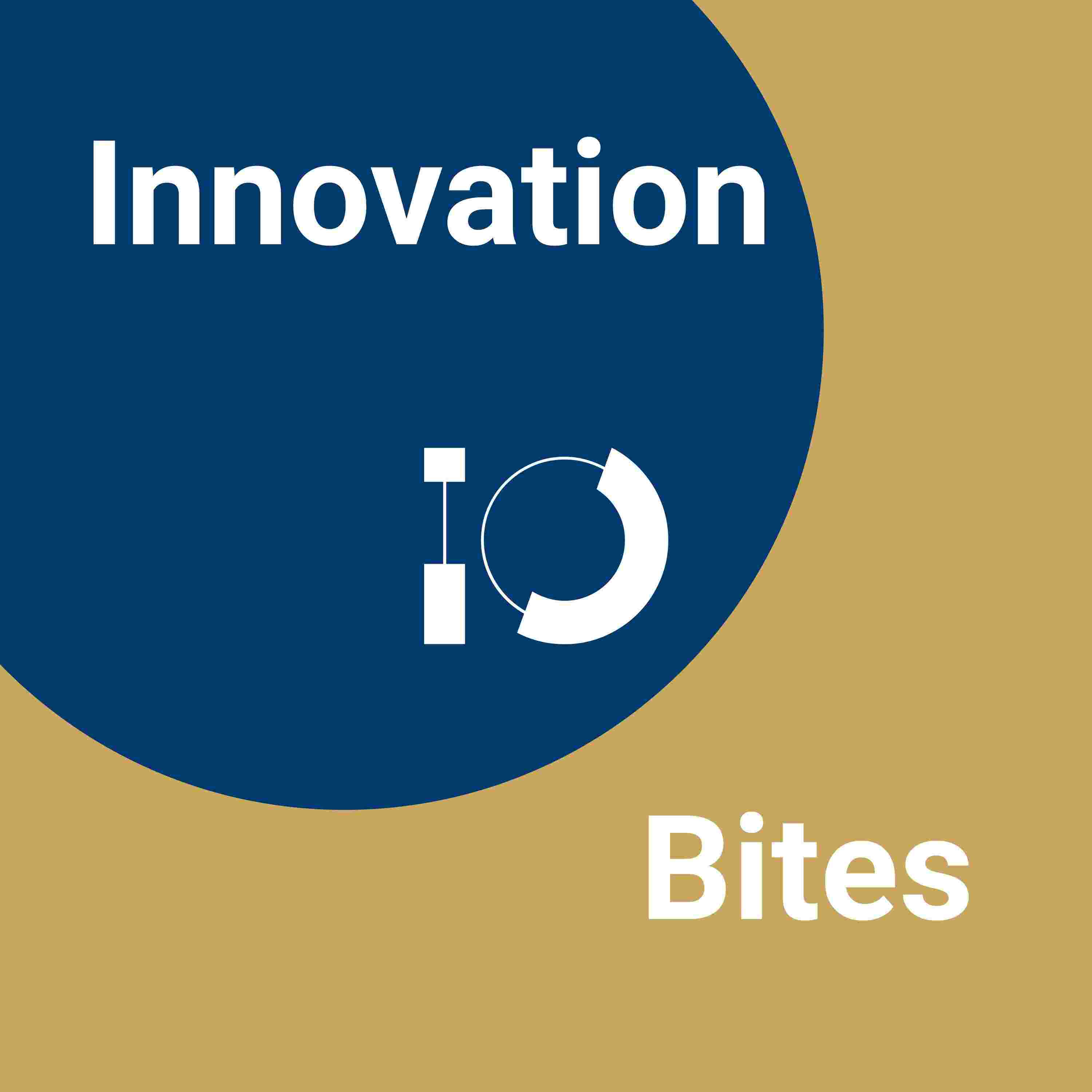

A human being needs eight hours of sleep. That this long-held statement doesn’t apply to everyone across the board has been known for quite some time. That’s because individual sleep needs vary from person to person. That’s also dependent on age. Children, in particular, need significantly more sleep as they are still growing and developing. Schoolchildren between the ages of 6 and 13 should sleep between nine and eleven hours. Adolescents up to the age of 17 – between eight and ten hours. Yet more and more children are suffering from a lack of sleep and sleep disorders. This not only leads to them being tired during the day and unable to perform well. In the long term, it can also lead to health problems such as obesity, diabetes, cardiovascular diseases and depression.
Researchers at the Consiglio Nazionale delle Ricerche (CNR) in Avellino (Italy), have now developed a simple blood test that reveals whether a child is not getting enough sleep. This is evident from the concentration of certain molecules in the blood. These are linked to the amount of sleep children and adolescents get. The so-called microRNAs show whether the sleep behavior “corresponds to the standard recommendations,” Giuseppe Iacomino and his colleagues explain.